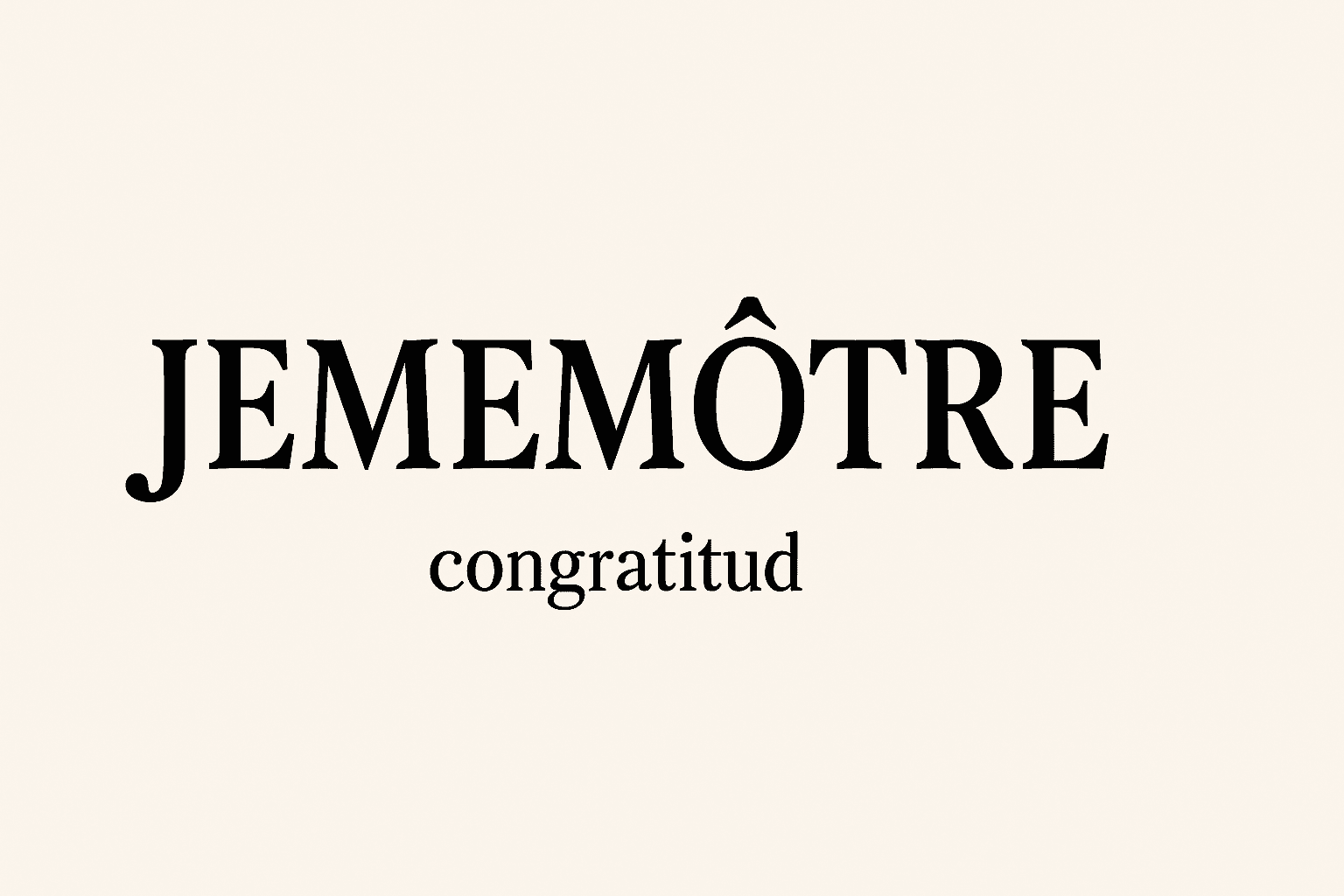What is Jememôtre?
In today’s fast-paced, digital-driven world, people are seeking more mindful ways to connect with themselves. One emerging term that captures this shift is jememôtre. Although unfamiliar to many, jememôtre is gaining recognition as a concept blending personal awareness, self-measurement, and intentional living. It brings together ideas of “self” and “measurement” in a modern, philosophical, and sometimes digital way—helping individuals become more conscious of their mental, physical, and emotional states.
This article explores the growing relevance of jememôtre, how it’s being used across personal development, wellness, and even tech-related self-tracking tools, and why it’s becoming a keyword of importance for those prioritizing balance and awareness in daily life.
The Meaning Behind Jememôtre
At its core, jememôtre represents a fusion of two ideas: “je me” (French for “I myself”) and “môtre,” a stylized suggestion of “measure” or “show.” Though it doesn’t exist in traditional dictionaries, it functions as a new-age term describing self-reflection through measured awareness.
This could be as simple as checking in with your emotions during the day, or as complex as using a digital tool to track your habits and lifestyle patterns. The meaning of jememôtre lies not in how it is done, but why: to better understand and refine who we are through mindful observation.
Origins and Evolution of the Concept
The rise of jememôtre can be traced to the broader cultural movement toward intentional living. As people move away from fast consumerism and toward mental clarity, terms like jememôtre have surfaced to guide that mindset.
While it may have started as a niche idea among mindfulness practitioners and life coaches, it is now appearing in digital apps, daily planners, and wellness blogs. Whether you’re tracking your fitness, mood, productivity, or emotional state, the spirit of jememôtre is present: measuring the self, for the self.
Jememôtre and Self-Tracking: The Digital Connection
Modern digital culture has given rise to a wave of tools designed to help people monitor their own behaviors. From mood tracking apps to habit builders, jememôtre fits perfectly into this space.
Unlike data-tracking solely for performance (like calories or time logs), jememôtre emphasizes why you’re measuring and how it contributes to personal growth. It invites you to look inward with purpose. The concept encourages deeper use of technology—not to perform better for others, but to live better for yourself.
Examples include:
- Journaling apps that log emotional states
- Wellness dashboards that combine sleep, hydration, and stress tracking
- Guided reflection tools to assess daily energy levels
In each of these, jememôtre becomes more than a measurement. It becomes a moment of truth.
The Wellness Approach: Jememôtre in Daily Life
For many, jememôtre is not a tool but a habit. It might begin with a morning meditation or journaling session. Over time, these acts become rituals that help shape one’s mental clarity.
In wellness practices, jememôtre is used to enhance self-connection. It encourages people to pause, reflect, and honor their current emotional state. Instead of reacting unconsciously to daily events, practitioners of jememôtre aim to respond with awareness.
You might use jememôtre to:
- Observe how you feel after eating certain foods
- Record reactions to social situations
- Reflect on mood patterns throughout a week
- Assess how your body feels before and after exercise
It creates a gentle form of accountability—with yourself, for yourself.
Jememôtre in Personal Development and Mindfulness
Personal development professionals are increasingly embracing jememôtre as a method to improve clarity and direction. When people get to know themselves better, they make more conscious decisions.
Mindfulness coaches might incorporate jememôtre exercises into their routines. These could include weekly reflection questions like:
- “What made me feel most alive this week?”
- “What drained my energy and why?”
- “How am I honoring my physical, emotional, and mental boundaries?”
Jememôtre isn’t about judging data—it’s about seeing patterns and making meaningful adjustments. It’s a soft discipline, one rooted in curiosity, not criticism.
Cultural and Philosophical Influence
The cultural meaning behind jememôtre draws from both ancient wisdom and modern philosophy. Similar to the Greek idea of “know thyself,” jememôtre places responsibility and awareness in the hands of the individual.
In some ways, it reflects the movement back to analog mindfulness in a digital world—like handwriting thoughts in a notebook, meditating without an app, or walking without headphones to listen to your own inner dialogue. At the same time, jememôtre is flexible enough to live within modern routines, too.
Why Jememôtre Matters Today
With rising stress levels, social media pressures, and burnout, more people are seeking grounded ways to reconnect with themselves. Jememôtre provides a refreshing reminder that your inner world is worth measuring and understanding—just as much as any productivity metric or social milestone.
It is not a trend, but a practice. A personal philosophy. A method that blends awareness with self-kindness.
Conclusion
Jememôtre is a modern term with timeless relevance. Whether you’re a wellness enthusiast, a personal growth seeker, or simply someone trying to live more intentionally, this concept offers a path to self-connection that is both practical and philosophical. It reminds us that checking in with ourselves is not only useful but necessary in a noisy, fast-paced world.
By embracing jememôtre, we make space to pause, measure, and meet ourselves—exactly where we are.
FAQs About Jememôtre
1. What does jememôtre mean?
Jememôtre is a modern concept combining self-awareness and personal measurement, encouraging individuals to track and reflect on their thoughts, habits, and emotions.
2. Is jememôtre a real word in French?
While inspired by French, jememôtre is not found in traditional dictionaries. It’s a modern fusion term often used in wellness, mindfulness, and personal development.
3. How can I practice jememôtre daily?
You can practice jememôtre by journaling, using mood-tracking apps, reflecting during meditation, or simply checking in with your emotional state regularly.
4. Is jememôtre only for digital tools?
No, jememôtre can be digital or analog. It’s about intentional self-observation, whether through technology or personal reflection.
5. Why is jememôtre becoming popular?
As people seek more mindful, balanced lifestyles, jememôtre offers a way to reconnect with oneself through awareness and purposeful living.


